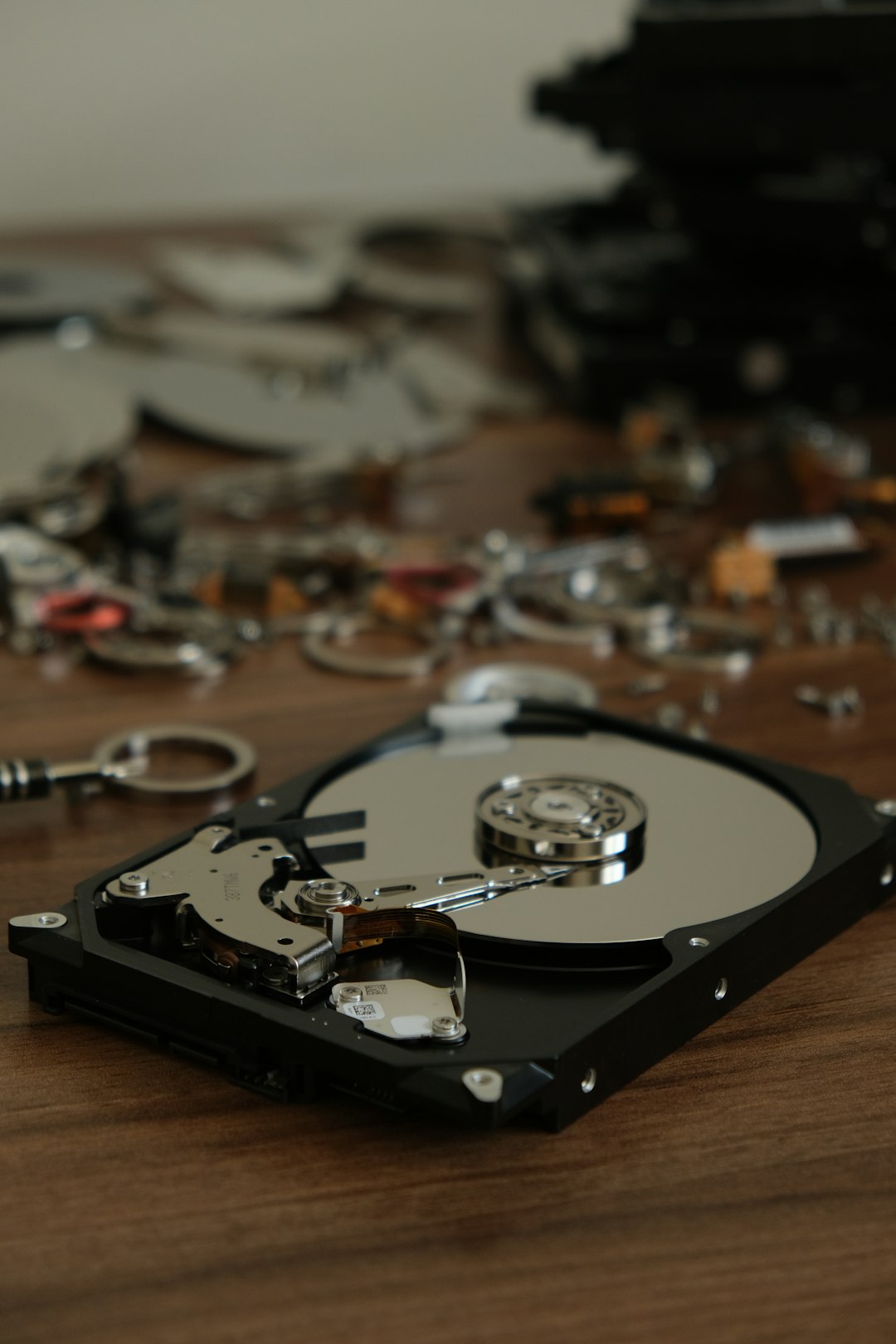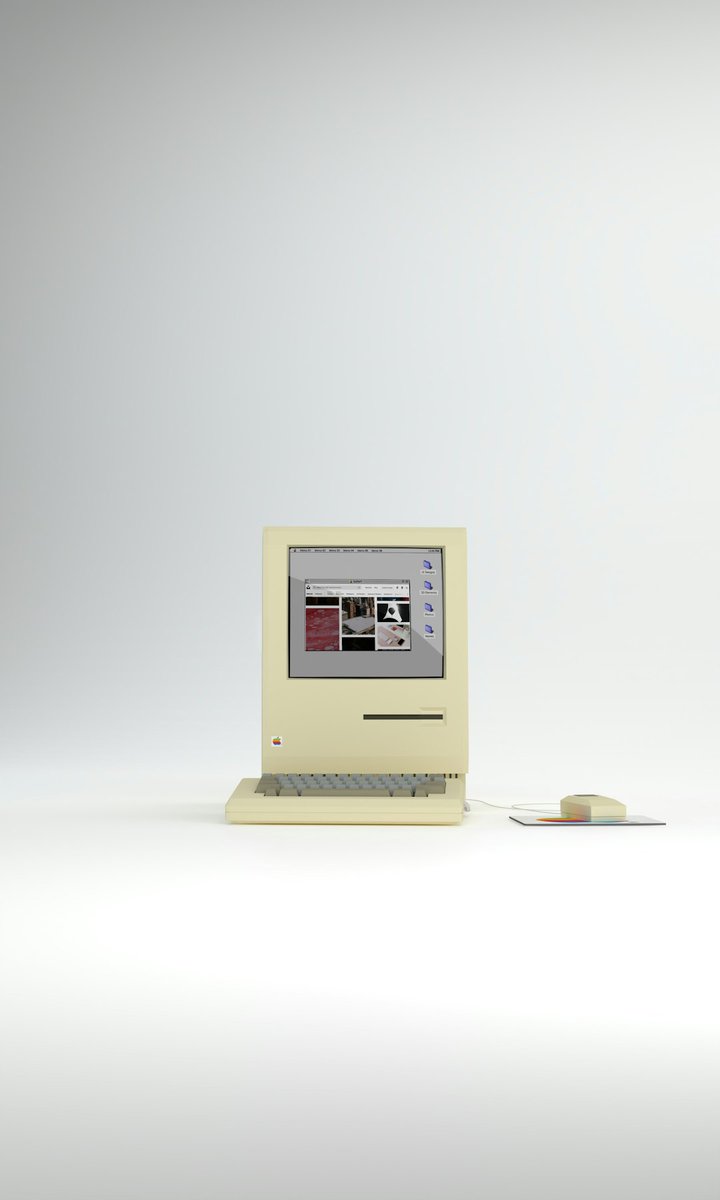Is your Mac starting to feel more like a lazy sloth than a sleek speed machine? Don’t worry. You don’t need to be a tech wizard to bring it back to life. Grab a cup of coffee and follow this fun and simple step-by-step guide to repair your Mac for optimal performance!
Step 1: Backup Your Data – Safety First!
Before diving into repairs, protect your precious files.
- Plug in your external hard drive
- Use Time Machine to create a backup
- Or upload files to iCloud or another cloud service
This way, if anything goes wrong, your memes, photos, and spreadsheets stay safe.
Step 2: Free Up Storage – Declutter Your Digital Life
A bulky Mac is a slow Mac. Time to clean up.
- Empty the Trash
- Delete files you don’t use
- Uninstall old apps
- Use the built-in Storage Manager in “About This Mac”
More space = more speed. Simple math!

Step 3: Check Activity Monitor – Catch the Culprits
Your Mac might be running too many things at once.
- Open Activity Monitor (find it using Spotlight)
- Look for apps hogging CPU or Memory
- Force quit the ones you don’t need
Hint: Chrome loves to eat RAM like cookies. Keep it in check!
Step 4: Update macOS – Stay Fresh
Outdated software can make your Mac sluggish and sad.
- Click the Apple menu
- Select System Settings → General → Software Update
- Install available updates
New updates fix bugs and bring performance boosts. Don’t skip this step.
Step 5: Reset Your SMC and PRAM – Magic Fix Buttons
This is the techno-wizardry part, but don’t panic! It’s easier than it sounds.
To reset the SMC:
(for Intel Macs only)
- Shut down your Mac
- Press and hold Shift + Control + Option and the Power button for 10 seconds
- Release all keys and turn on your Mac
To reset the PRAM:
- Turn off your Mac
- Turn it back on while holding Option + Command + P + R
- Hold for about 20 seconds, then release
Yes, it’s like a mini Mac yoga session. Total refresh!
Step 6: Run First Aid – Heal Your Disk
Disk Utility is your internal doctor. Let it give your Mac a checkup.
- Open Disk Utility from Spotlight
- Select your main drive (usually called “Macintosh HD”)
- Click First Aid and then Run
This tool can repair broken bits hiding in your disk. Super handy.

Step 7: Disable Startup Items – Control the Chaos
Too many apps launching on startup? Time to tame the herd.
- Go to System Settings → General → Login Items
- Remove apps you don’t need at launch
Your Mac starts faster when it’s less burdened. Like us before coffee.
Step 8: Consider a Clean Reinstall (Optional)
If nothing else works, you can nuke the system and start fresh.
- Back up EVERYTHING!
- Reboot your Mac in Recovery Mode (Command + R at startup)
- Erase your disk and reinstall macOS
This gives you a brand new system — squeaky clean like a fresh notebook.
Bonus Tips!
- Use Safari instead of Chrome to save battery and memory
- Restart your Mac regularly — it’s like giving it a nap
- Consider adding more RAM or switching to an SSD if possible
There you have it! Your Mac should now run faster, cooler, and happier. Give it a well-deserved pat on the lid and get back to being awesome!

